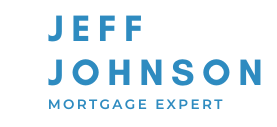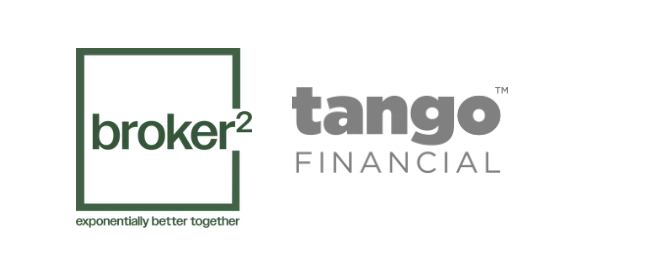Mortgages Aren’t One-Size-Fits-All
Why the Cheapest Mortgage Isn’t Always the Smartest Move
Some things are fine to buy on the cheap. Generic cereal? Sure. Basic airline seat? No problem. A car with roll-down windows? If it gets you where you're going, great.
But when it comes to choosing a mortgage? That’s not the time to cut corners.
A “no-frills” mortgage might sound appealing with its rock-bottom interest rate, but what’s stripped away to get you that rate can end up costing you far more in the long run. These mortgages often come with severe limitations—restrictions that could hit your wallet hard if life throws you a curveball.
Let’s break it down.
A typical no-frills mortgage might offer a slightly lower interest rate—maybe 0.10% to 0.20% less. That could save you a few hundred dollars over a few years. But that small upfront saving comes at the cost of flexibility:
- Breaking your mortgage early? Expect a massive penalty.
- Want to make extra payments? Often not allowed—or severely restricted.
- Need to move and take your mortgage with you? Not likely.
- Thinking about refinancing? Good luck doing that without a financial hit.
Most people don’t plan on breaking their mortgage early—but roughly two-thirds of Canadians do, often due to job changes, separations, relocations, or expanding families. That’s why flexibility matters.
So why do lenders even offer no-frills mortgages?
Because they know the stats. And they know many borrowers chase the lowest rate without asking what’s behind it. Some banks count on that. Their job is to maximize profits. Ours? To help you make an informed, strategic choice.
As independent mortgage professionals, we work for you—not a single lender. That means we can compare multiple products from various financial institutions to find the one that actually suits your goals and protects your long-term financial health.
Bottom line: Don’t let a shiny low rate distract you from what really matters. A mortgage should fit your life—not the other way around.
Have questions? Want to look at your options? I’d be happy to help. Let’s chat.





